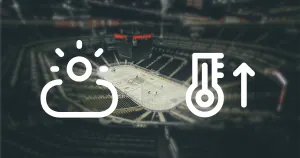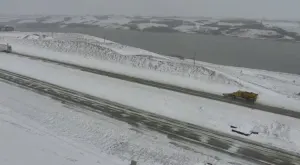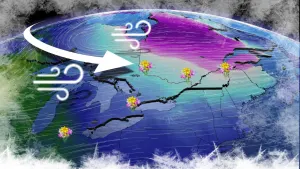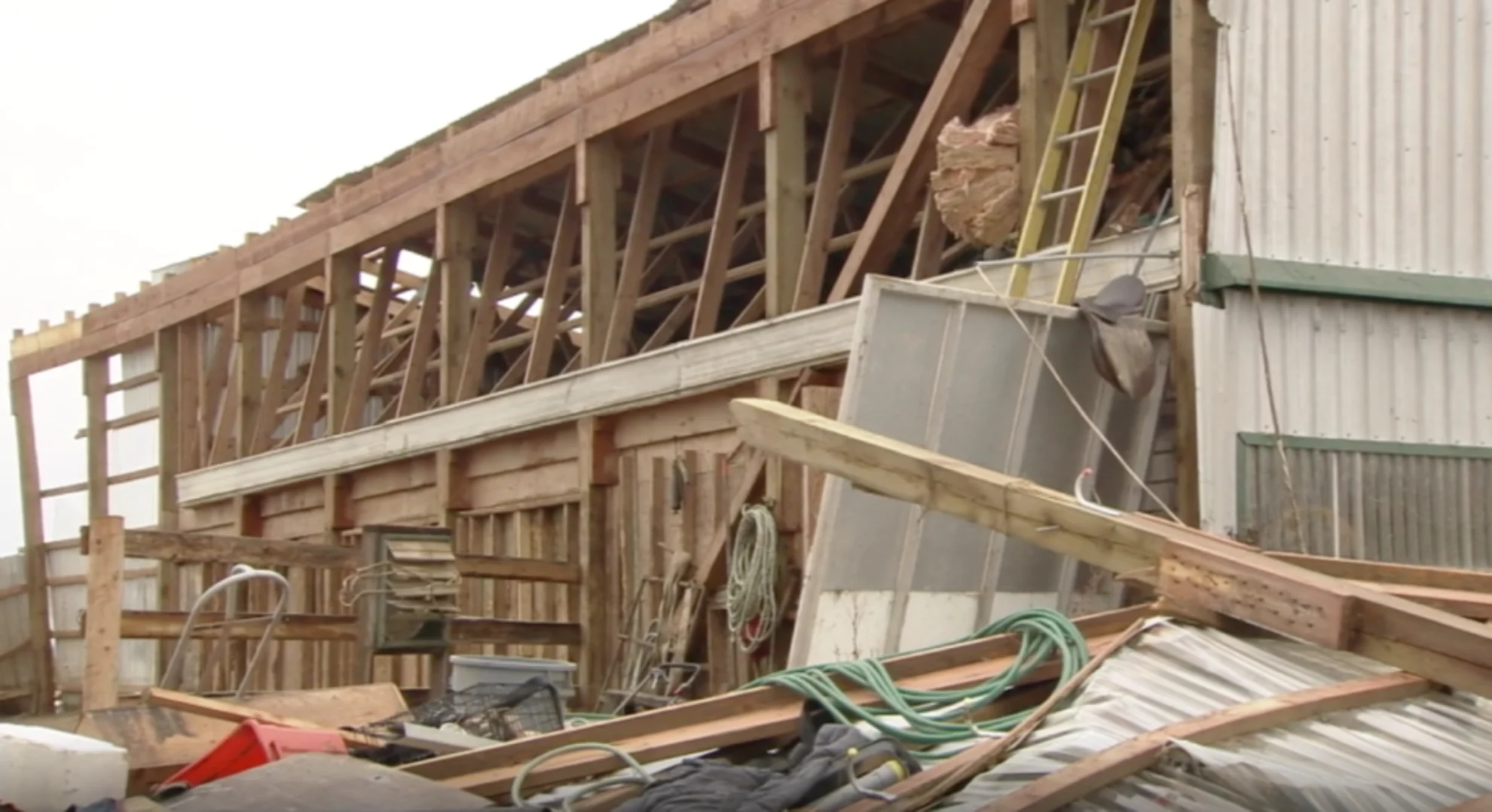
How Canada rates tornadoes officially changed in 2013 with this Ont. twister
This Day In Weather History is a daily podcast from The Weather Network, featuring stories about people, communities and events and how weather impacted them.
--
On Thursday, April 18, 2013, a tornado touched down in Shelburne, Ont. It travelled for 10 km, destroying a large barn in its path. The tornado's wind speed reached 167 km/h.
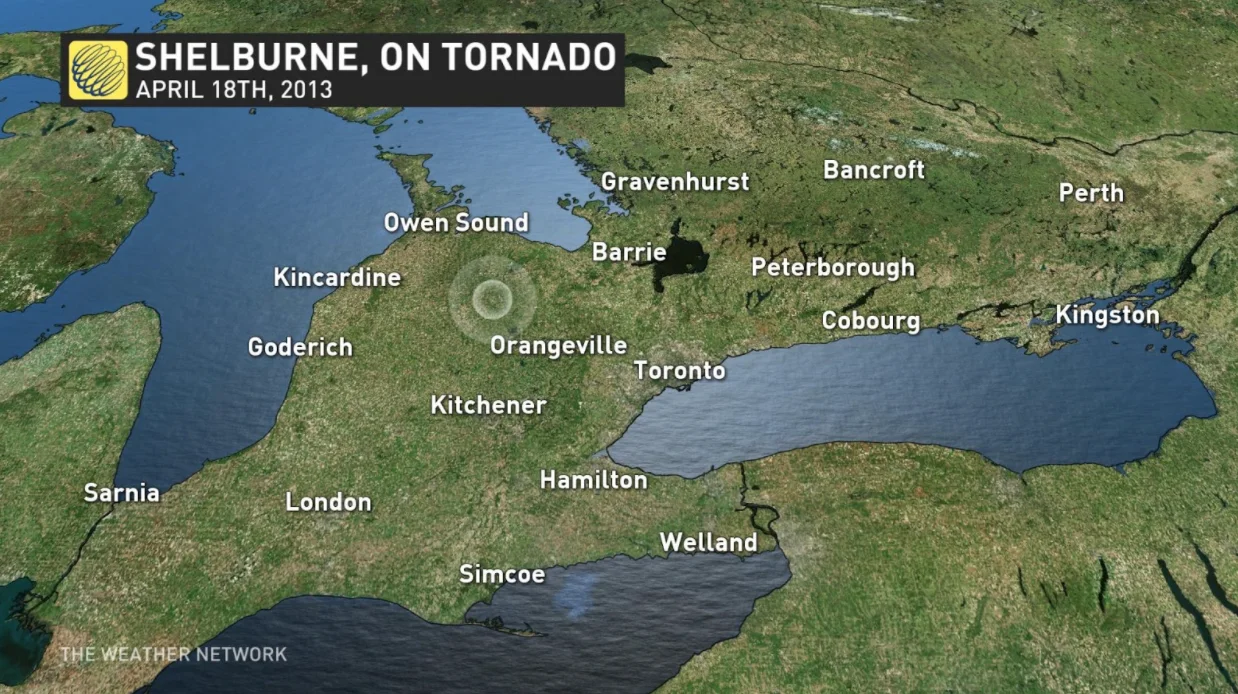
The most significant aspect of this tornado is how its impact was measured.
Since 1971, tornadoes were measured on the Fujita scale (F scale). It was developed by Tetsuya Theodore Fujita, a Japanese-American meteorologist with the University of Chicago.
The Fujita scale measured tornadoes by the damage they left behind. So after a tornado hit an area, a team would go to the scene and assess the damage. The scale has six categories, ranging from an F0 to an F5 tornado. If a tornado scuffed up some trees, it would be an F0. If a tornado levelled buildings, it would be rated closer to an F5.
The F scale was used in the United States until 2007, but there were clear problems with methodology. It did not consider how well buildings were constructed. Enter the Enhanced Fujita scale (EF scale).
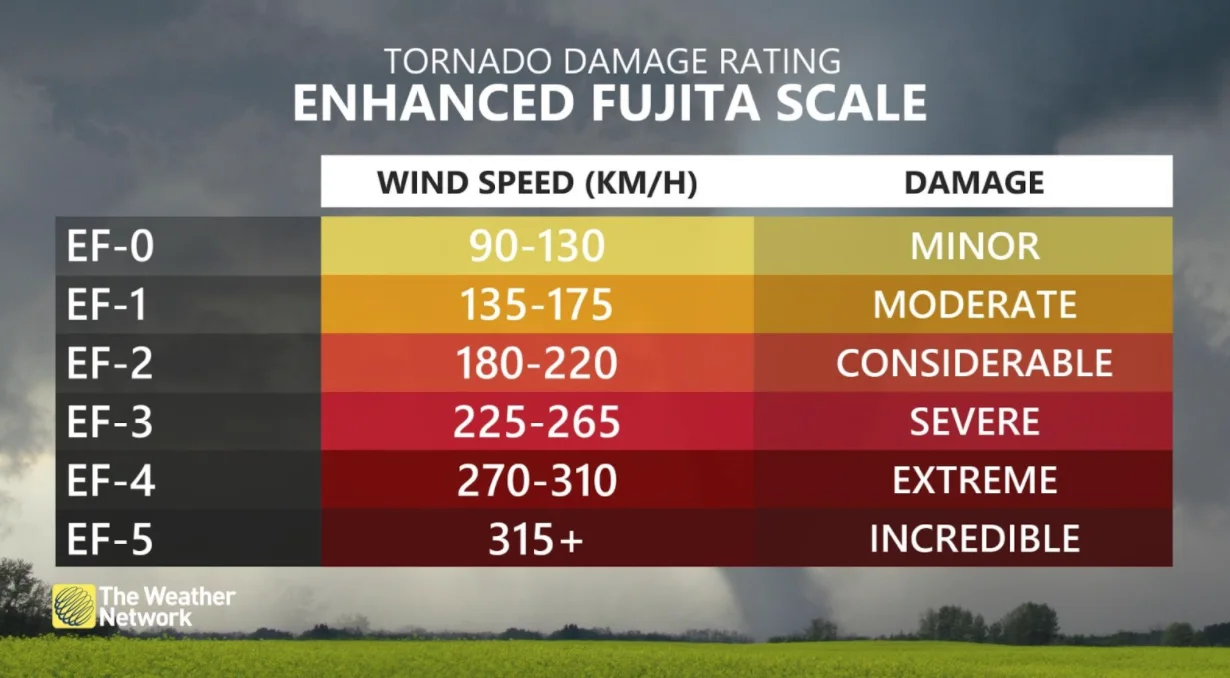
Click here to subscribe to This Day in Weather History
The EF scale considers other factors when assigning a tornado an intensity designation. The new scale standardized damage surveillance, as the previous scale used subjective observations. The EF scale also takes building construction quality into account.
Canada decided to join its southern neighbours by adopting the EF scale on April 18, 2013, making the Sherburne tornado the first one that was measured with the fancy new measurement methodology.
To learn more about Canada's first tornado that was measured with the EF-Scale, listen to today's episode of "This Day In Weather History."
Subscribe to 'This Day in Weather History': Apple Podcasts | Amazon Alexa | Google Assistant | Spotify | Google Podcasts | iHeartRadio | Overcast'







